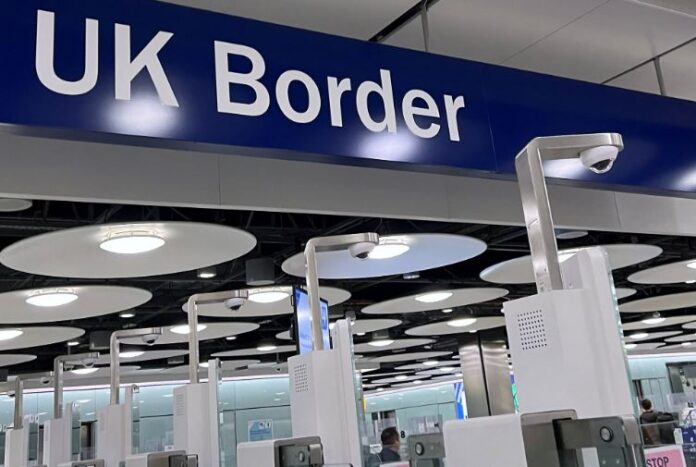In a dramatic shift from 2023’s record-breaking figures, net migration to the UK plunged by nearly 50% in 2024, according to the latest data from the Office for National Statistics (ONS). The figures, which show net migration falling from 860,000 to 431,000, mark the largest annual drop since the Covid-19 era and hand a significant political win to Prime Minister Keir Starmer and his Labour-led government.
The ONS cites a steep decline in work and study visa arrivals, paired with increased emigration, as key drivers of the drop. The fall follows a wave of stringent immigration reforms, including higher income requirements for family visas, tighter controls on dependants of international students and care workers, and extended residency timelines for settlement.
Interior Minister Yvette Cooper hailed the 300,000-person drop since Labour took office as “important and welcome,” also revealing a boost in deportations, with nearly 30,000 failed asylum seekers sent back home — a notable 12-month increase.
But the opposition isn’t buying it. Tory leader Kemi Badenoch took to X, accusing Starmer of claiming credit for policies he previously opposed, while former Home Secretary James Cleverly insisted the decline reflects Conservative-era visa restrictions.
With Reform UK surging in the polls — now leading with 29%, ahead of Labour’s 22% — immigration remains a hot-button issue. Starmer’s recent warning that Britain risks becoming “an island of strangers” has stirred backlash within his own party, with critics accusing him of pandering to right-wing fear-mongering.
Still, Labour is pushing ahead. The Home Office now targets a further annual reduction of up to 100,000 migrants by 2029. Whether the numbers continue to fall — and how this shapes the political landscape — remains to be seen.


